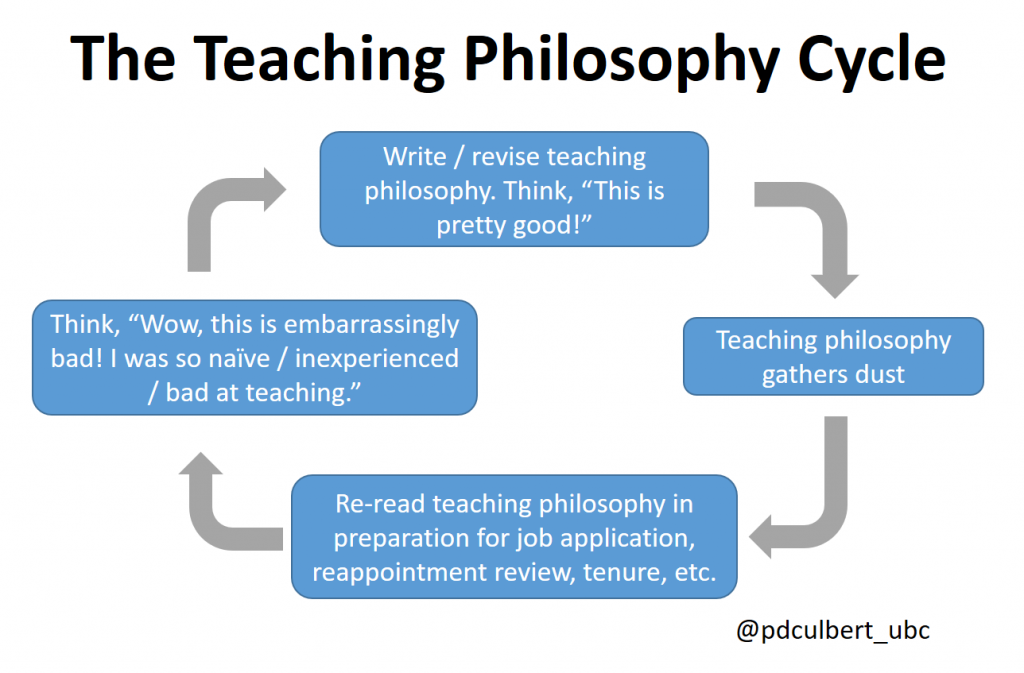I hate grading. I happily give feedback to students, but I hate grading. This is especially true with the (false) precision of the 100-point grade scale here at UBC (in contrast to my undergraduate experience with the somewhat coarser grades of A, A/B, B, B/C, etc.).
Do I at least think that a student who receives an 87 on my exam has better achieved the learning objectives than a student with an 83?
No.
But am I confident that if I rewrote the exam and they took it again, they would get those same scores?
Again, no.
But surely, I am at least certain that if I regraded those exams, the scores wouldn’t change.
Still no.
When I was a student, I viewed grades as objective measures of my learning. Now that I’m the one giving grades, they feel especially arbitrary. More alarming though, I see firsthand how grades warp students’ motivations in a manner that actively impedes their learning.
Continue reading